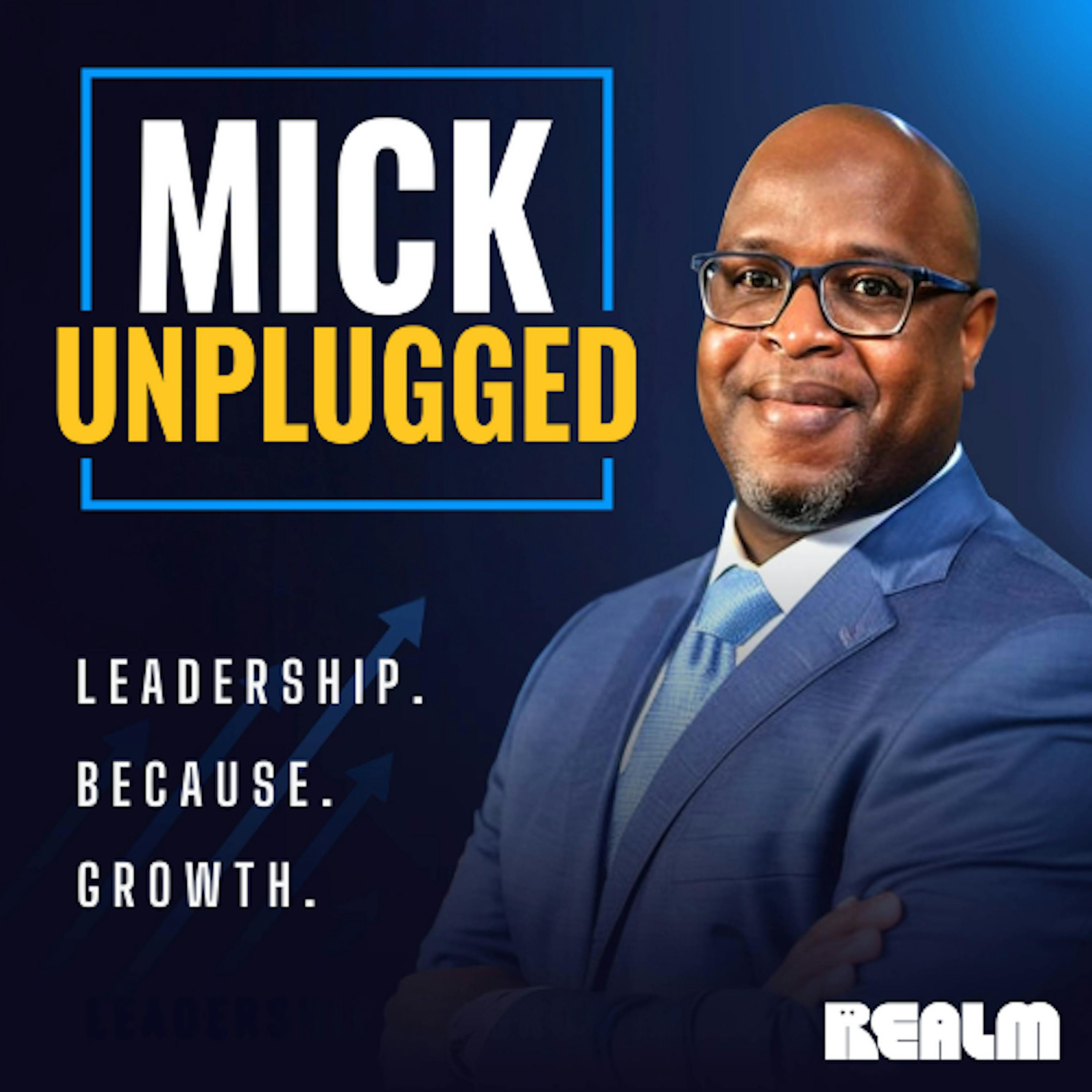Key Takeaways
- Effective leadership is about character and being, not just doing or holding a position.
- Overcoming unseen wounds, such as PTSD, requires faith, the right people, and a structured approach to healing.
- The Mighty Oaks Foundation provides free programs and resources to help veterans, service members, and their families cope with trauma and PTSD.
- Cultivating character involves making a conscious decision, learning from mentors and scripture, and practicing integrity in small, everyday actions.
- In the information age, leaders must stay grounded in their personal mission and values to navigate chaos and make sound decisions.
Segments
Personal Journey and the ‘Because’ (~00:00:00)
- Key Takeaway: Sawday’s personal struggle with PTSD after returning from Iraq, and how faith and the right people helped him heal, led to his mission to support others.
- Summary: Sawday shares his personal experience of struggling with unseen wounds after his service in Iraq. He explains that despite having a supportive environment, he faced significant challenges, and it was his faith and the people in his life that guided him through the healing process.
The Mighty Oaks Foundation’s Mission and Impact (~00:00:00)
- Key Takeaway: The Mighty Oaks Foundation provides hope and practical support, free of charge, to veterans and their families dealing with trauma, offering a path to healing and recovery.
- Summary: The discussion focuses on the Mighty Oaks Foundation’s work in addressing the ‘unseen wounds’ of combat veterans, which are often more damaging than physical injuries. The foundation offers programs that are free to participants, covering travel costs, and are run by individuals who have themselves gone through the program.
Leadership Philosophy: Being vs. Doing (~00:00:00)
- Key Takeaway: True leadership is about character and ‘being’ a certain way, focusing on developing others, rather than just executing tasks or holding a position.
- Summary: Sawday elaborates on his leadership philosophy, contrasting the military’s ’tactics, techniques, and procedures’ with a more holistic approach. He emphasizes that leadership is fundamentally about character, stewardship, and leveraging resources to make others better, rather than simply directing them.
Cultivating Character and Navigating Information Overload (~00:00:00)
- Key Takeaway: Developing character requires a conscious decision, learning from mentors and scripture, and practicing integrity in small, consistent actions, which is crucial for navigating today’s complex information landscape.
- Summary: The conversation shifts to cultivating character, which Sawday states is a deliberate choice. He advises learning from a creator, mentors, and biographies, and practicing integrity in everyday actions. He also addresses the challenge of information overload in the modern world, stressing the importance of a personal mission statement to stay grounded.
The ‘March or Die’ Podcast and Resources (~00:00:00)
- Key Takeaway: The ‘March or Die’ podcast and the Mighty Oaks Foundation’s website offer resources and principles for moving forward through life’s challenges, with a focus on resilience and purpose.
- Summary: Sawday discusses his podcast, ‘March or Die,’ which shares principles for overcoming life’s traumas and trials by choosing to move forward. He also highlights the resources available through the Mighty Oaks Foundation, including books, online courses, and a website, all aimed at supporting veterans, service members, and their families.
